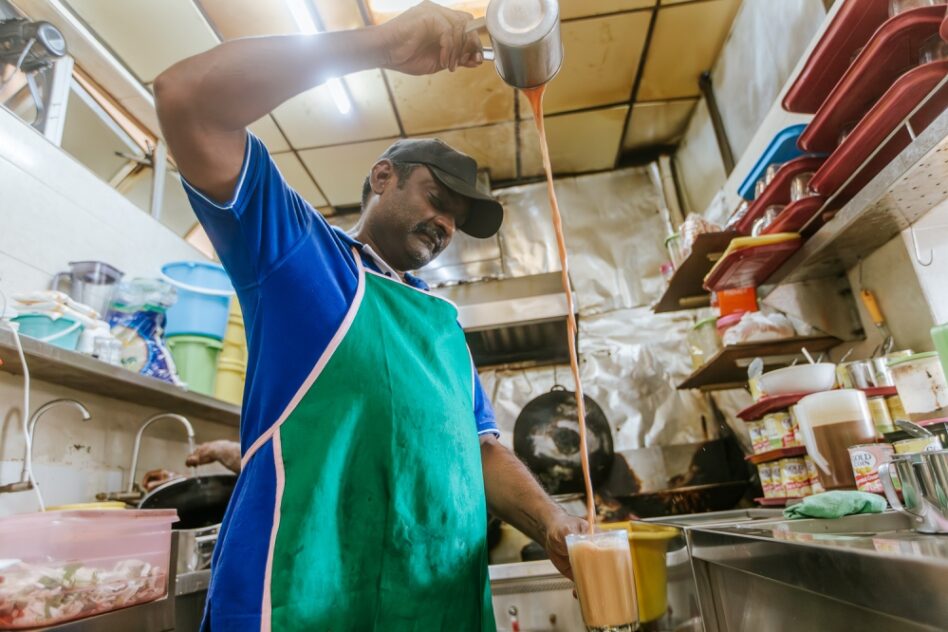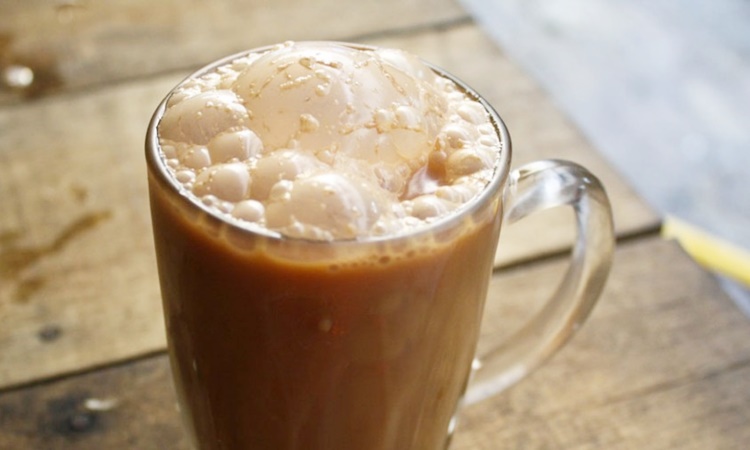LAST November, former health minister Dr Zaliha Mustafa told Parliament that the Sugar Reduction Advocacy Plan would be implemented to tackle the issue of excessive sugar consumption and overcome diabetes and other non-communicable diseases.
The plan comprises programmes for all age groups, from children at pre-schools up to senior citizens and also includes non-governmental organisations, parent groups, village heads and parliamentary and state constituencies.
Unsurprisingly, Putrajaya was chosen for the pilot project as the federal territory has the highest percentage of civil servants working or living there with their families. Reaching out to them should be the easiest as they are established channels and virtually all have academic qualifications.
Moreover, compared to the national average, Putrajaya residents have a higher rate of obesity and high blood pressure, as well as a lack of physical activity. However, a recent finding showed that the need for a healthier lifestyle was not translated into demand.
This was highlighted in a recent report under the heading “Health Ministry’s ‘Kurang Manis’ pilot campaign in Putrajaya struggles to sway taste buds”. Vendors at several food courts disclosed that most customers refused to accept drinks that were made less sweet.
Indeed, the gulf between knowledge and knowing is wide. Knowledge can be acquired through reading, listening, watching, learning theories in class, or practical lessons in a workshop. Knowing comes from our own experience, contemplation, reflection and realisation.
Knowledge is external and largely based on information received. Knowing is mostly internal and premised on experience which comes from the emotional part of our subconscious mind that controls what we are doing and manifests in our habits, beliefs and emotions.

Moreover, knowledge alone is useless unless applied.
Therefore, knowledge of how to stay healthy and fit by consuming a wide variety of foods and drinks with minimal salt, sugar, oil, preservatives and colourings coupled with enough exercise, rest and sleep is just the starting point.
But sadly, most Malaysians prefer enjoyment, comfort and convenience, resulting in Malaysia being the most obese country in Asia. This has affected the productivity level of our country’s workforce. Lack of self-discipline and self-integrity have led to inefficiencies, delays, shortcuts and various forms of corruption.
Civil servants with high academic qualifications and knowledge do not necessarily mean they will perform to high standards and be competent or productive. The same goes for jaded executives in the private sector, who may subtly sabotage their corporations by retarding growth and expansion.
So, will there be less sugar intake by Malaysians? My guess is yes, but it may take a lifetime, going by my own experience. I used to drink loads of sweet drinks excessively, and those who have drunk half as much would have suffered from diabetes. Mercifully, I was spared.
As a tourist guide and limousine driver in the early 1970s, I often stopped at roadside stalls selling sugarcane juice and would gulp down three glasses in succession to quench my thirst.
During the late 1970s, I drank nothing but Coca-Cola the whole day over several years. I bought them in wooden crates that come with 24 bottles from a nearby sundry shop and stored them in the fridge.
In the 1980s and 1990s, I would have a glass of beer before lunch. Immediately after finishing the food, I would drink a pot of Chinese tea, which would be refilled with more hot water. Then, I could drink a lot but eat normal portions.
Since a decade ago and until now, I no longer drink just before, during and after meals, except for soups when having dinner at home.
Previously, whenever I ordered tea at a mamak restaurant or stall, I would say “teh tarik panas panas kurang kurang manis”, which is grammatically wrong but correctly understood. I wanted my tea to be freshly made, very hot with some sweetened condensed milk and no sugar.

Many people think the purpose of pouring tea from one jug to another or into a glass is to cool it down, but this could easily be done by adding cooler water to a more concentrated tea. The main reason is to trap air bubbles as can be seen by the froth on top.
By adding carbon dioxide, soft drinks and beers taste much better. Without the gas, they become flat and stale. Likewise, trapping air bubbles by pouring from one container to another or using a mini blender turns ordinary tea or coffee into a great beverage.
Today, I drink tea and coffee with evaporated milk without sugar or sweetened condensed milk. At home, I get to drink the best ‘teh-C kosong’ (tea with Carnation evaporated milk without sugar) made by my wife. At coffee shops, I would order ‘kopi-C kosong’ (coffee with evaporated milk without sugar).
Although totally unsweetened, it is delicious if the local coffee powder is of high quality and prepared by someone who knows how to make great coffee, which is not as simple as most people think. But the coffee I drink must be very hot and I will sip to enjoy it, finish the whole cup in one go before the coffee cools down.
In the 1980s, I used to buy lots of ‘fruit juice’ in Tetra Pak cartons, thinking they were healthier than plain water. I was naive then, and I have not bought any Tetra Pak cartons or bottled drinks over the past decades. In homes where there is no juicer, a blender can be used to turn most fruits into puree for drinking.
During Ramadan, it is common to see makeshift stalls selling ‘coloured water’ by the roadside. Customers who buy them just want to enjoy the sweet cold drinks without taking into consideration that they are loaded with sugar, colourings, preservatives, artificial flavourings, and other contaminants. – April 20, 2024
YS Chan is master trainer for Mesra Malaysia and Travel and Tours Enhancement Course and an Asean Tourism Master Trainer. He is also a tourism and transport business consultant.
The views expressed are solely of the author and do not necessarily reflect those of Focus Malaysia.








